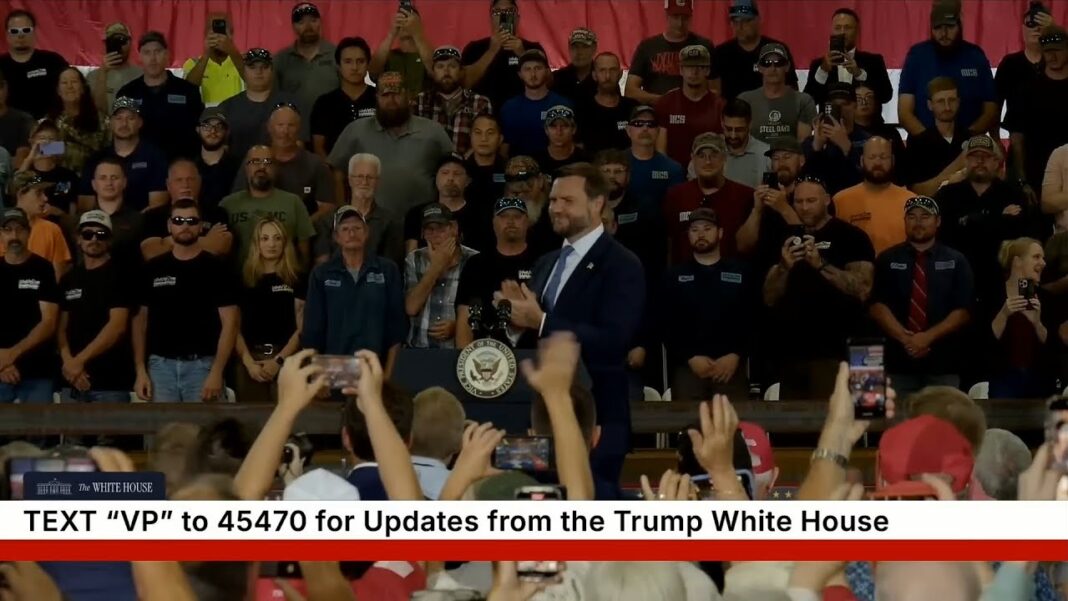The transition constitutes a drastic change for international shippers, online retailers, and consumers
On Aug. 29, the United States ended a trade policy that facilitated the shipment of low-value goods into the country for years.
Politicians on both sides of the aisle support the move, while the rapid transition constitutes a massive change of business for international shippers.
At midnight on Friday, the United States took an existing policy blocking the so-called de minimis exemption on goods shipped from China and Hong Kong and expanded it to cover the entire world. That move was ordered by President Donald Trump on July 30.
The president’s order stated that the exemption had been fueling drug trafficking and unfair trade practices that hurt American businesses.
In a press call on Aug. 28, Peter Navarro, a senior counselor for trade and manufacturing to the president of the United States, said the move is ending a loophole that will “save thousands of American lives by restricting the flow of narcotics and other dangerous and prohibited items.”
According to Navarro, the policy change will “add up to $10 billion a year in tariff revenues to our Treasury, create thousands of jobs, and defend against billions of dollars more lost to counterfeiting, piracy and intellectual property theft.”
Going forward, the United States will collect duties on all shipments that enter the country. Before Aug. 29, goods worth less than $800 were exempted from import fees.
On the press call, a senior administration official said that all postal shipments will be assessed using one of two methods.
The first is a so-called ad valorem duty, which is a duty equal to the effective tariff rate imposed under the International Emergency Economic Powers Act (IEEPA) tariffs that apply to the country of origin of the product. That duty will be assessed based on the value of the package.
The second option is a specific duty, which will range from $80 per item to $200 per item, depending on the effective IEEPA tariff rate applicable to the country of origin of the product, the senior official said.
The specific duty option is only available for six months, after which all shipments must use the ad valorem method.
On the press call, Navarro said there will not be any reversal of the policy and that the de minimis change is not a negotiating tactic.
As the Trump administration aims to reorganize the global trade order through tariffs and bilateral deals, officials say they are focused on stopping transshipment of goods originally made in China and shipped to the United States through a proxy country. On the call, Navarro accused Chinese shippers of transshipping after the United States ended de minimis practices for Chinese goods in May.







